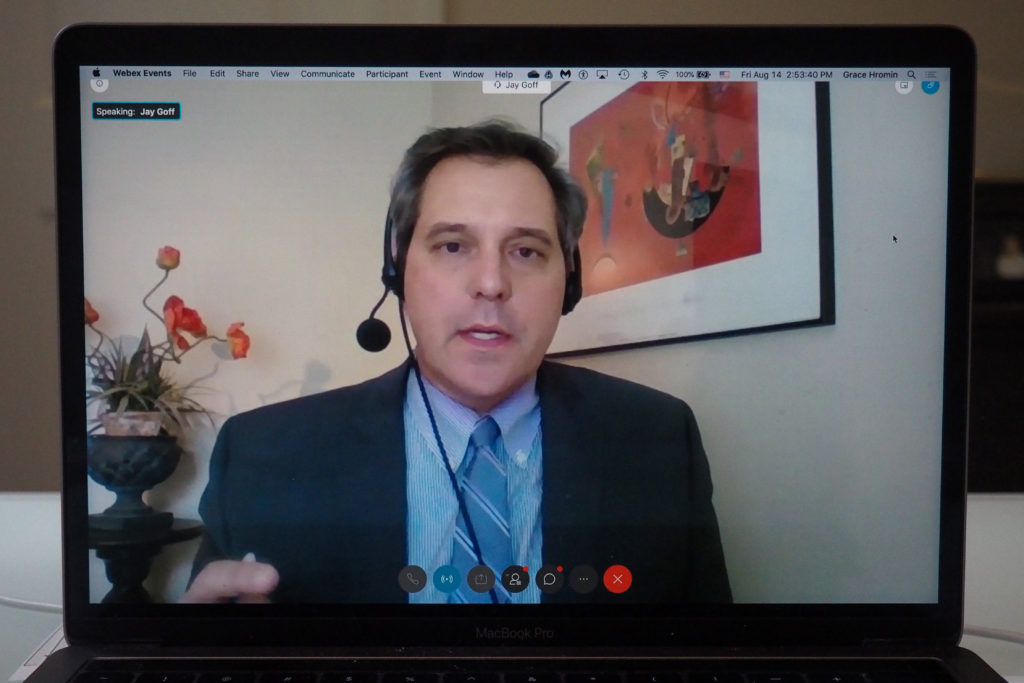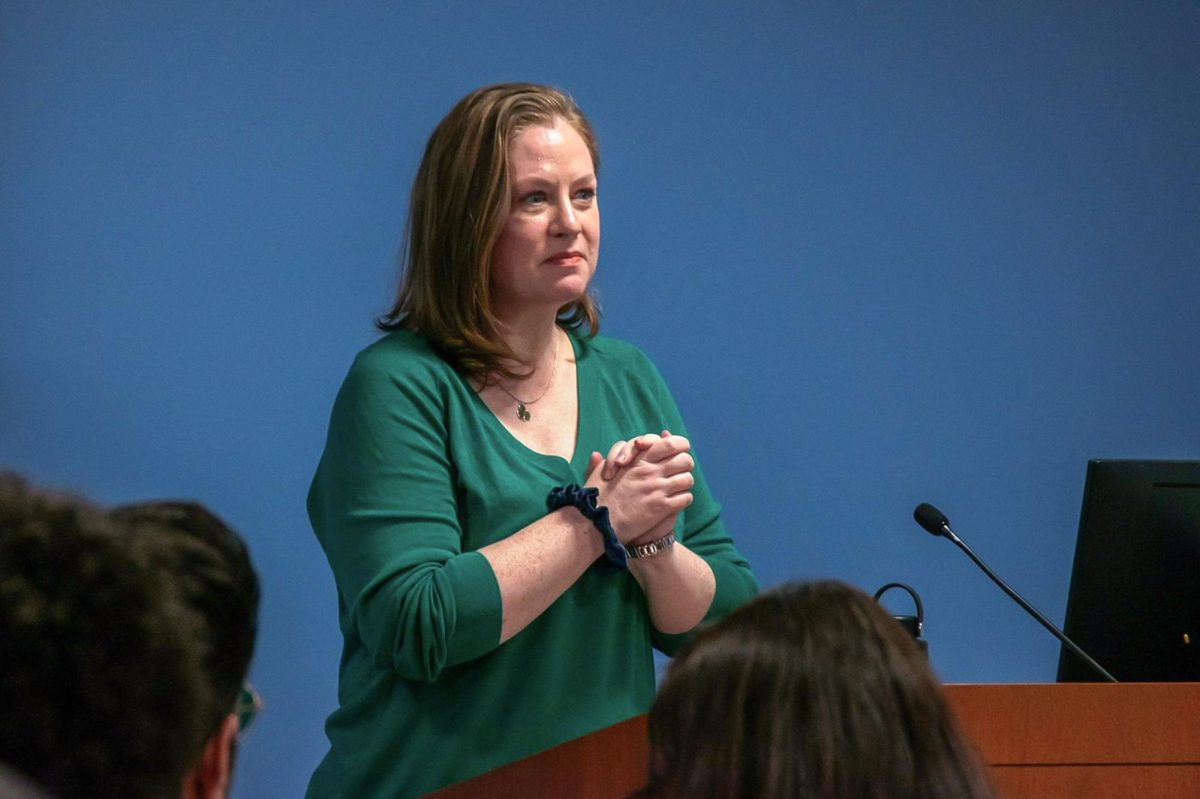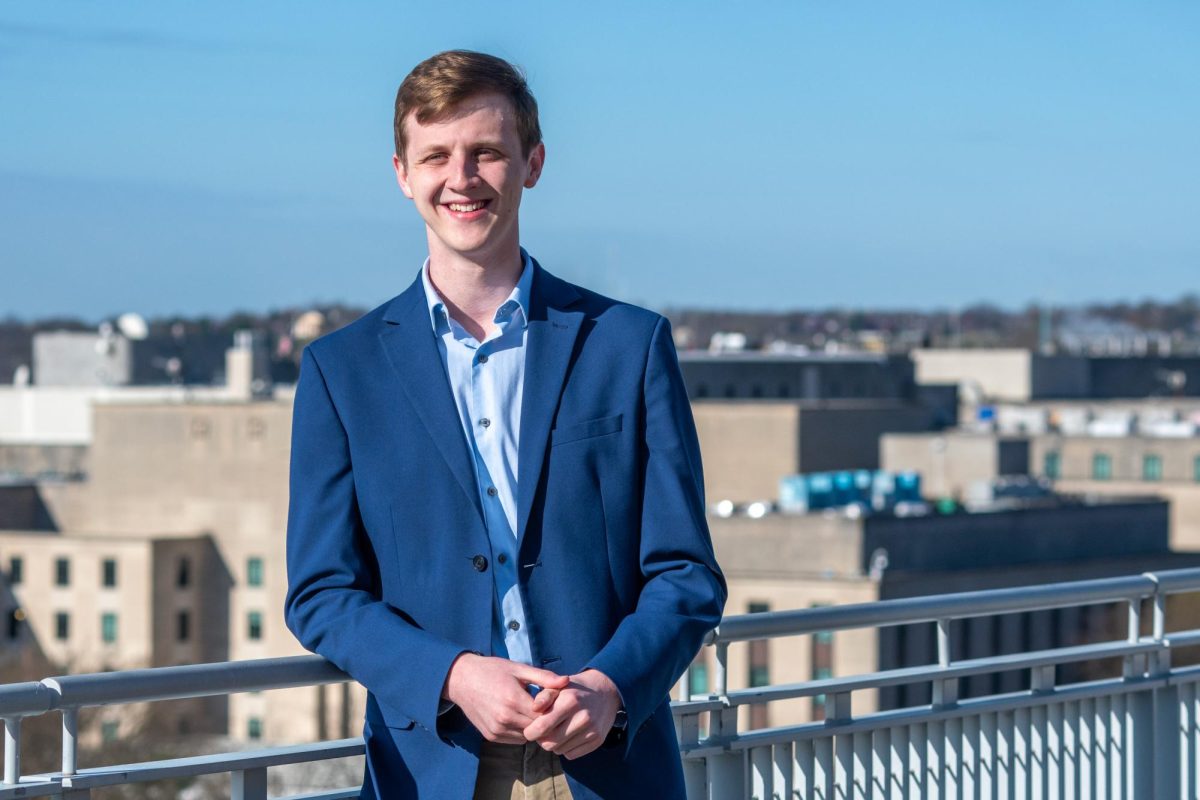Officials hope to increase the incoming class size by upward of 300 students next year, a sharp reversal from a pre-pandemic initiative to significantly reduce the undergraduate population.
Administrators announced Friday that GW will adopt recommendations made by the Future Enrollment Planning Task Force – a group charged in November to develop targets for next year’s incoming class – to enroll between 2,475 and 2,550 freshmen and between 150 and 300 transfer students. The targets mark a pivot away from the now-obsolete 20/30 Plan, a hallmark of University President Thomas LeBlanc’s tenure that sparked tensions between administrators and faculty.
Jay Goff, the vice provost for enrollment and student success, said the targets will serve as building blocks for GW’s long-term enrollment strategy.
“The final set of goals really are designed to encourage the University community to move in this direction that would increase the diversity, accessibility and affordability of GW,” Goff said.
Last year, officials had sought to reduce the size of the incoming class to 2,250 freshmen and 300 transfer students as part of the 20/30 Plan but ultimately fell short of the overall target by nearly 300 students.
Officials placed the plan on hold in the wake of the pandemic and have since said it is obsolete.
Provost Brian Blake said the task force’s efforts will be integrated with Faculty Senate committees’ work moving forward.
“Over the FEPTF’s two months of meetings, I asked them to be aspirational and creative, guided by a set of principles emphasizing academic talent, diversity, a safe campus environment, an appropriately-sized student body and a high-quality student experience,” Blake said in an email to the GW community Friday.
He applauded Goff’s work as co-chair of the 23-member task force, which met nine times between November and January to develop the targets. The members included faculty senators, professors, deans and a student.
“Jay’s transparency, patience and know-how were key to leading the group to a collective recommendation,” Blake said. “This aspirational work is shaping GW’s future for the better.”








